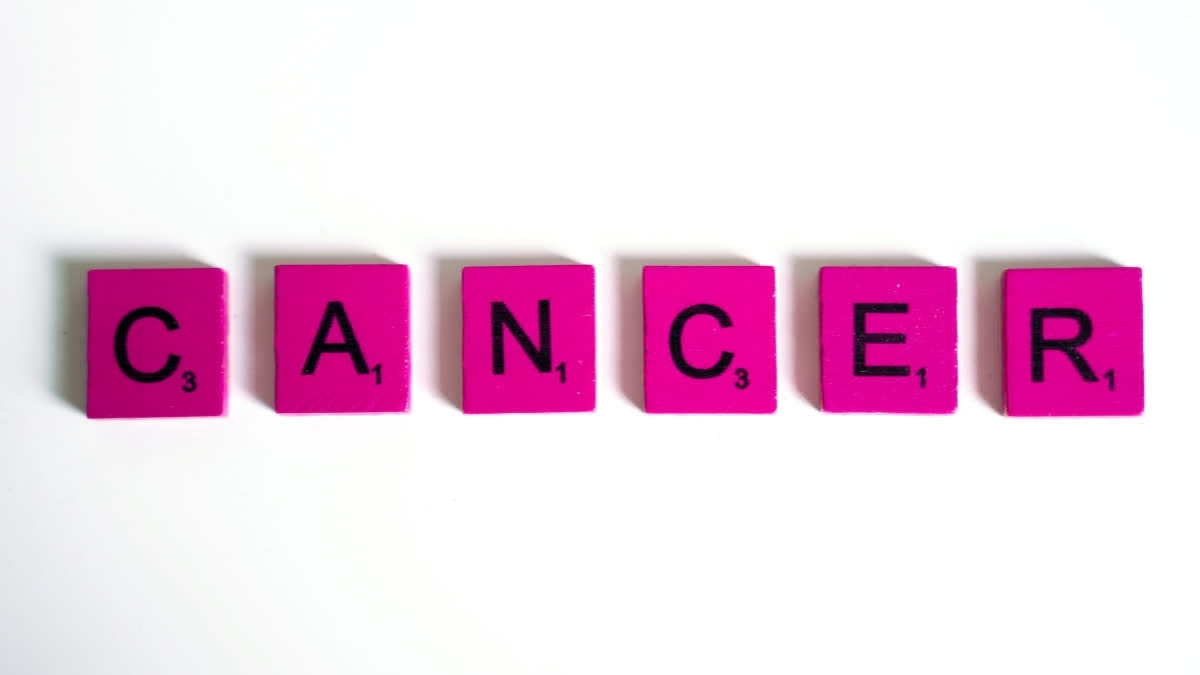New Delhi: A type of head and neck cancer, that accounts for 30 per cent of all cancer diagnoses in India, may be treated effectively with fewer but higher doses of radiation, a large new international study suggests.
The yet-to-be peer-reviewed research, presented at the American Society for Radiation Oncology (ASTRO) annual meeting in San Diego, US, is a phase III clinical trial involving 10 countries across four continent, including India. It found that delivering a course of radiation in 20 rather than 33 treatment sessions was just as effective at controlling cancer for patients with alcohol and tobacco-related, locally advanced disease, without increasing side effects.
"Head and neck cancer caused by factors other than the human papillomavirus (HPV) remains a significant burden especially in lower- and middle-income countries," said lead study author Soren Bentzen, a professor at the University of Maryland School of Medicine in Baltimore, US. "This is a trial that directly informs how you can effectively deliver radiation therapy to patients in a resource-scarce environment," said Bentzen.
Squamous cell head and neck cancers are the seventh-most common type of cancer in the world, accounting for 450,000 deaths each year, according to the researchers. Head and neck cancers have historically been associated with tobacco and alcohol use, including secondhand smoke and chewing tobacco, they said.
While head and neck cancers associated with HPV typically occur in younger, otherwise healthy people, cancers related to tobacco and alcohol generally affect older people who have comorbidities that can complicate treatment, the researchers said. Head and neck cancers account for 30 per cent of all cancer diagnoses in India, compared to 4-5 per cent globally, and an estimated 84 per cent of deaths from head and neck cancer occur in low- and middle-income countries, they said.
